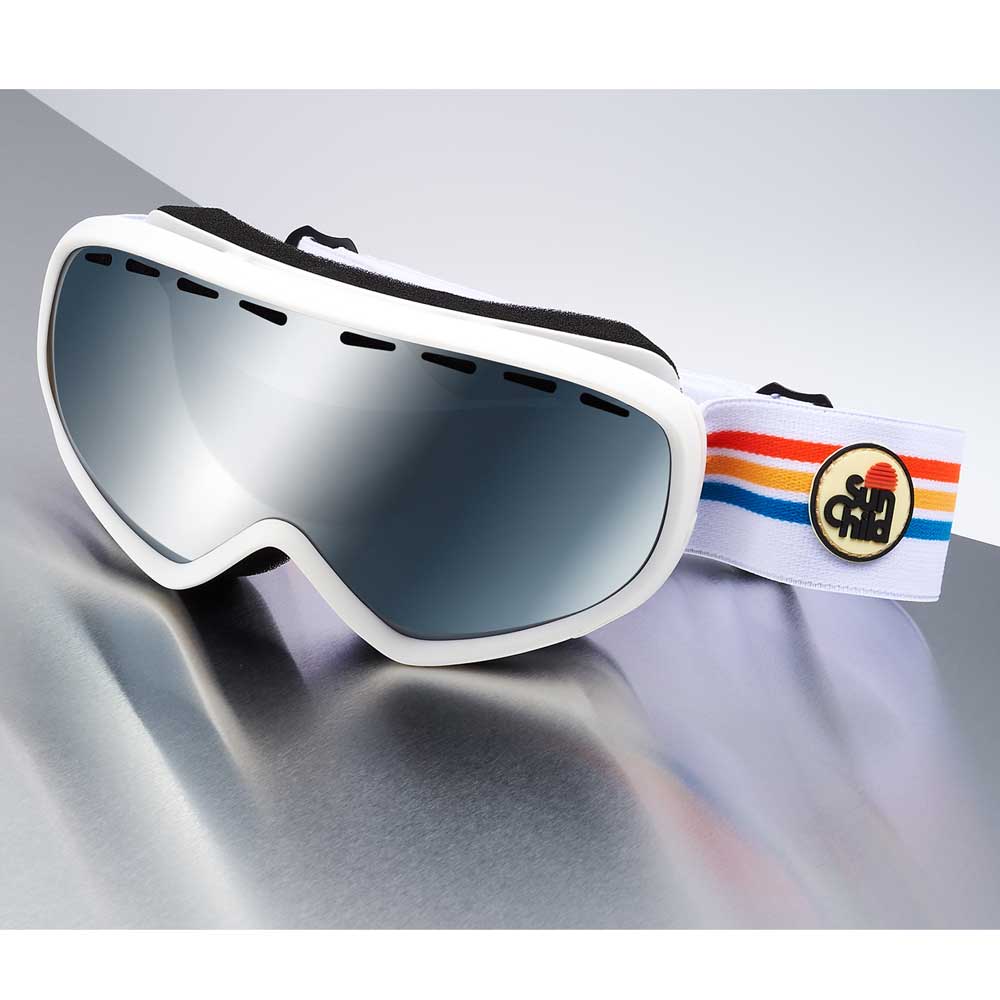The cold winter air can wreak havoc on our skin, hair, nails and also our eyes ! Many believe that with less sunshine and lower temperatures our eyes no longer need protection; it is however the opposite with the cold and the dry air our eyes need even more attention and care.

In some, low humidity can lead to poor lubrication of the cornea and cause dry eye syndrome . The cold can also cause itchy eyes, blurred vision, burning sensations.
Visual health in winter :
- The influence of the sun :
One of the most common disorders in winter is actinic conjunctivitis or snow blindness. It is an inflammation of the conjunctiva and the cornea mainly due to too much exposure to the sun, and thus to UV rays, and without sun protection. Be careful not to forget your sunglasses or your ski goggles during your mountain getaways, the snow reflects 80% of sunlight and UV rays even in overcast weather.
- Dry eye:
Another big winter eye condition is dry eye . Indeed, the cold, the wind and the dry atmosphere are all elements that influence the lubrication of the eye. The lacrimal glands produce fewer or poorer quality tears. The quality of the tear film is all the more important for contact lens wearers.
To regain some comfort, you can use artificial tears (sold in pharmacies and parapharmacies), wear sunglasses to avoid the negative impacts of the wind (gusts, dust, etc.) and blink your eyes frequently.
Another factor reinforces dry eyes: interior heating; temperature differences, reversible air conditioning ventilation increase the symptoms of dry eye. Do not hesitate to humidify your interior for your well-being.
- Blue light:
In winter, the days are short, cloudy, rainy with low temperatures. Natural light is scarce. So many reasons to enjoy a good movie, to do research on the web, to work more in front of your screen... Finally, we spend more time than usual in front of our tablets, smartphones, PC... All these devices emit a harmful blue light for our eye health. This is why even if the weather is not nice, we must regularly look away outside, get some fresh air and wear blue light blocking glasses to protect our eyes from the harmful effects of this light.
- Fog :
In skiing, during outdoor activities in the snow and with the cold , the appearance of fogging is in fact common on the lenses of glasses. This concerns more and more people since the period of COVID. Indeed, the mask and goggles combination does not go well together, and also causes fog on all the goggles. To remedy this, the Varionet anti-fog glass wiper is the simple, quick and effective solution. Before you set off on the slopes, clean your goggles or goggles and wipe each side with the Varionet anti-fog lens cloth, so you'll have peace of mind for the day. No more fog to ski!


